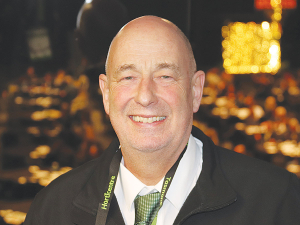Horticulture's export revenue growth is likely to be about 10% in the current financial year – not the 3.8% forecast by the Ministry for Primary Industries.
Horticulture NZ (HortNZ) chief executive Mike Chapman says he doesn’t know where MPI got its figure in the Situation and Outlook report for Primary Industries.
Growth for horticulture was 13.7% in the year ended June 2019 in the September updated report. But it is forecast to be down to 3.8% in the current year.
HortNZ has asked how MPI arrived at that forecast because the report doesn’t say.
“That’s their estimate. It sounds strange when you go from 13.7% to 3.8%.
“That is quite a significant drop especially when we have more volume particularly of kiwifruit and berries going into the ground. That will drive more sales and of course we are at the premium end of the market.
“So more sales will make quite a difference.”
In Chapman’s view growth will remain about 10% dependent on the trade situation.
“If you track back 20 years we have actually tripled our value in that time which shows how far we’ve come and progressed over that time,” he said.
“That growth doesn’t really show much sign of slowing down except we’ve now got issues with freshwater proposals and climate change. These are challenging and difficult.”
He says the sector is working with growers and the Government to try to find the best path forward so we can sustain growth.
“There are some headwinds and we have to work out with growers and all the representative groups how we go forward.”
Chapman says domestic supply is challenging on price and the return to the growers and has been for some time.
“It is about urban and rural New Zealand getting together and working together to ensure we have vegetable supply for the future.”



















